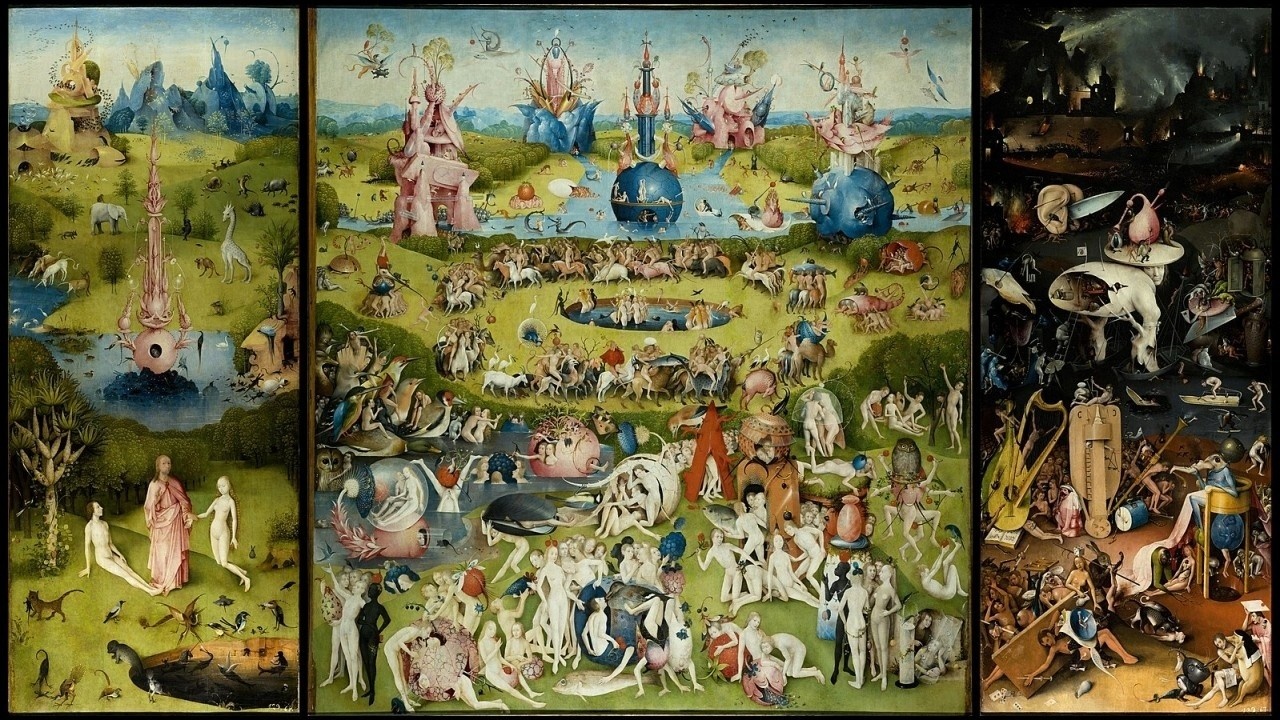
Could Adam and Eve Have Left? (5)
May 13, 2022By Gary D. Collier (Index: 1 | 2 | 3 | 4 | 5 )
I want to thank you, Alan, for kindly inviting us to look over your shoulder during a personal experiment in reading and exploration. It is my hope that my efforts at dialogue have been received as a friendly and genuine effort at an exchange of ideas. This has not been a debate, but rather a discussion about readings of the Garden story.
Recap
As I understand your experiment, you are exploring the current phenomenon of "flight from faith" by viewing a generalized Adam and Eve story poetically and metaphorically. As a starting point, you specifically reference the apparent decline of religiosity in our current culture. That is to say, you quite clearly define the context of your approach as current culture, and you proceed into your discussion by way of a question that is not part of the Garden story, but that was asked to you by a friend and now of a particular interest to you personally. This allows you to tweak the question along the way, to sharpen it for your purposes, as well as to avoid or ignore other questions that are not of interest to you.
You clearly note that you are not attempting an exegesis (of a text), but that this is a personal experiment. So, you are not concerned with Genesis 3 per se, but only with a generalized story of Adam and Eve as it has been often recast and retold through history. Hence, you intentionally avoid any concern with a so-called "original context" of the Genesis 3 story (without necessarily denying the validity of such pursuits).
In line with your purpose, your final three paragraphs primarily focus on the guiding question you have brought to the story (not of any details from it). The story itself is really not the point, it rather provides some imagery, now viewed poetically and metaphorically to help describe a current concern. So, you walk through how some who are fleeing from faith might fit into an Adam and Eve story by asking a question that's not really part of the story; namely, how some who feel trapped in the garden might decide they don't wish to "play the tree game" with God (holding God as overbearing and unfair), or how they might hold historic Christian misteachings responsible and so, in either case, are intent on walking out the back gate. Your final paragraph disallows any move to say, "I was never in the Garden in the first place," since, "Ah, too late, you already were!", which is the consequence of living in the shadow of a foundational story.
As for my part, I have focused from the start quite intentionally and unapologetically on the importance of careful and contextual methodology when dealing with any discussion that involves the use of biblical texts. I've especially stressed the distinction (in particular for non-poetic texts) between
- What a text says in its own context, and
- What we think it means for any other context.
When we do not know the difference between these two things (and most people don't even think or care about this), nearly every time, we will overrun the first with the second. But when reading contextually for what the text is saying, the criteria for determining the aptness of a question will rise initially and primarily from within the text and context itself. All other questions must wait their turn and be interpreted in that light. Personally, I think we run aground more quickly when we assume that people understand or even care about what it means to read contextually. In my view, reading ancient texts responsibly and carefully is more than an academic interest. It is also more than a personal interest.
Appreciation
Finally, I reiterate my great appreciation for Alan's time in sharing his personal experiment with readers of this blog. I look forward to more, if that occurs.










